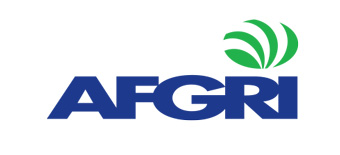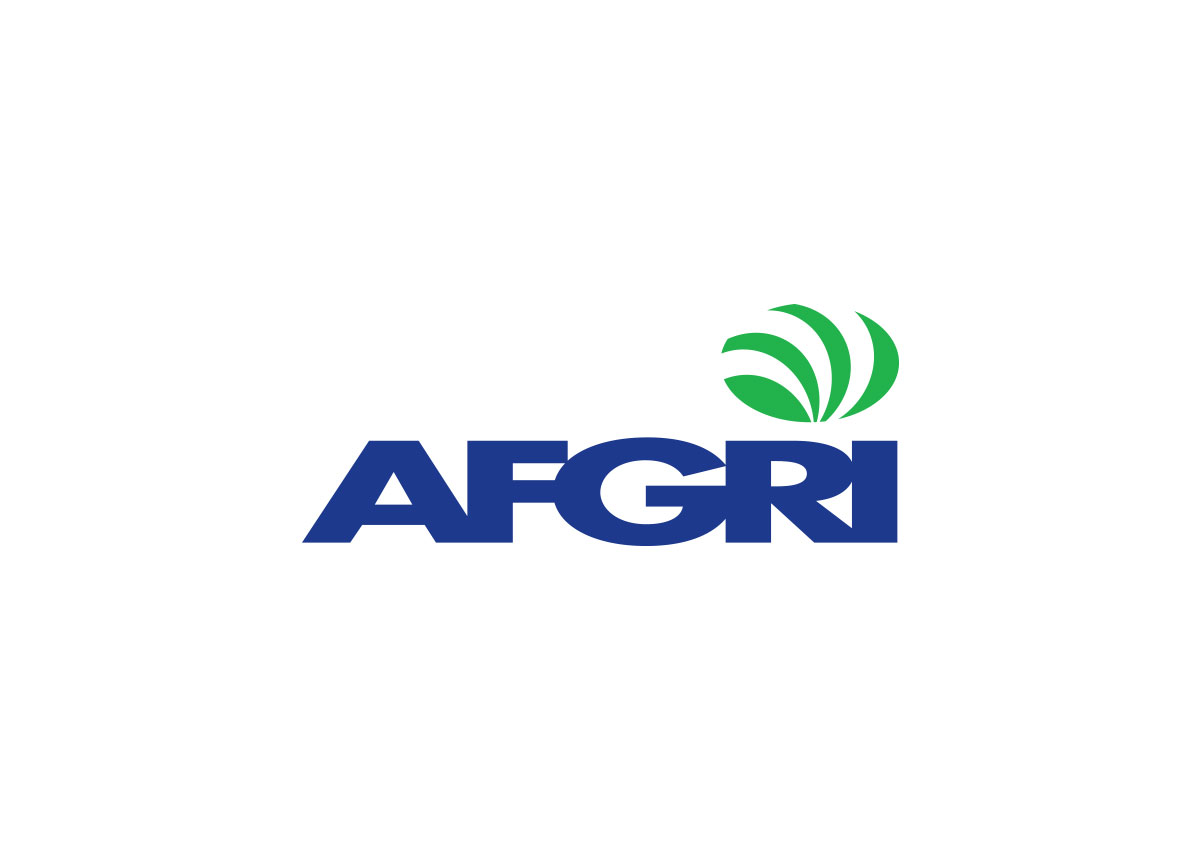Digitisation set to transform the agricultural value chain in Africa
Along with many business processes in organisations, value chains are undergoing a digital transformation. In Africa, the digitisation of agricultural value chains is expected to make the greatest impact in the area of financial services, making these more accessible to farmers, especially small-scale and rural farmers. It will also help to connect buyers and sellers more efficiently.
To give you some background, generally agriculture value chains consist of the following players, although these can vary depending on the type of crops being produced, as well as the location:
- Input providers supplying raw materials such as seeds, fertilizer and pesticides
- Farmers who manage the production of the agricultural product
- Associations and cooperatives who organise many individual small-scale farmers into groups to negotiate better prices with buyers and provide extension services
- Buyers who purchase the agriculture product and sometimes undertake the processing, packaging and marketing of the final products
- Customers who ultimately consume the products
In reality, agricultural value chains are often quite multifaceted, and perhaps more so in Africa where role-players often perform more than one role. For example, buyers can also be input providers when the farmers they work with don’t have a reliable supply of inputs. In many cases, buyers also supply loans for these inputs. Middlemen can also confuse the issues by buying directly from individual small-scale farmers and then selling in bulk to more established companies.
However, the focus of this article is on how digitisation will assist small-scale and rural farmers who currently find it difficult to get access to financial services. There are several successful examples of this throughout Africa: for example, Colombia Coffee Growers Federation in Ghana issued ATM cards to 82% of its outgrowers (farmers who are contracted to produce for a specific buyer), helping it reduce disbursement costs by up to 79% compared to cash, a saving of $15.5 million.
In Tanzania, Multiflower, a seed and cuttings exporter, embarked on pilot programme in 2013 where they issued loans totaling $6,000 to 200 farmers and paid $67,000 to 300 farmers via M-Pesa. Apart from affording each farmer an additional and simple method for accessing credit, the switch from cash to digital payment resulted in an average saving of $10.75 in transport costs and 8 hours per payment per farmer. Over the duration of the pilot, participating farmers saved a total of approximately 6,000 hours because they didn’t have to travel to collect their payments.
Another group who stand to benefit from digitised value chains are buyers of agricultural products. This will considerably lower the costs of withdrawing, transporting, and distributing payments – either to farmers directly or via associations or cooperatives. This is particularly true in Africa, where agriculture value chains are often characterised by a small number of buyers paying many farmers spread out over a vast geographic are working through a complex network of middlemen and traders.
Here an example is MasterCard which worked with its partners to develop and implement a range of financial tools to digitise the agricultural value chain in East Africa: 2KUZE in Kenya, and eKilimo in Tanzania. 2KUZE, which means ‘let’s grow together’ in Swahili, is effectively a digital agricultural marketplace targeting Africa’s small-scale farmers, agents, large-scale buyers and financial service providers; eKilimo means ‘eAgriculture’ in Swahili and serves the same function in Tanzania.
Streamlining the value chain in the agricultural sector will undoubtedly impact not just the industry, but the entire economy meaningfully – ultimately enabling small-scale farmers to access formal financial services that they previously may have been excluded from. This will go a long way towards driving financial inclusion and food security.
A value chain is the range of steps and related actors necessary for an agriculture product to move from the farm to the final customers. Value-chain finance includes any or all the financial services that flow to and/or through the chain to address the needs and constraints of its participants in accessing finance or procuring products.
For more information on innovation in agriculture, contact AFGRI Technology Services on ats@34.255.249.49.



